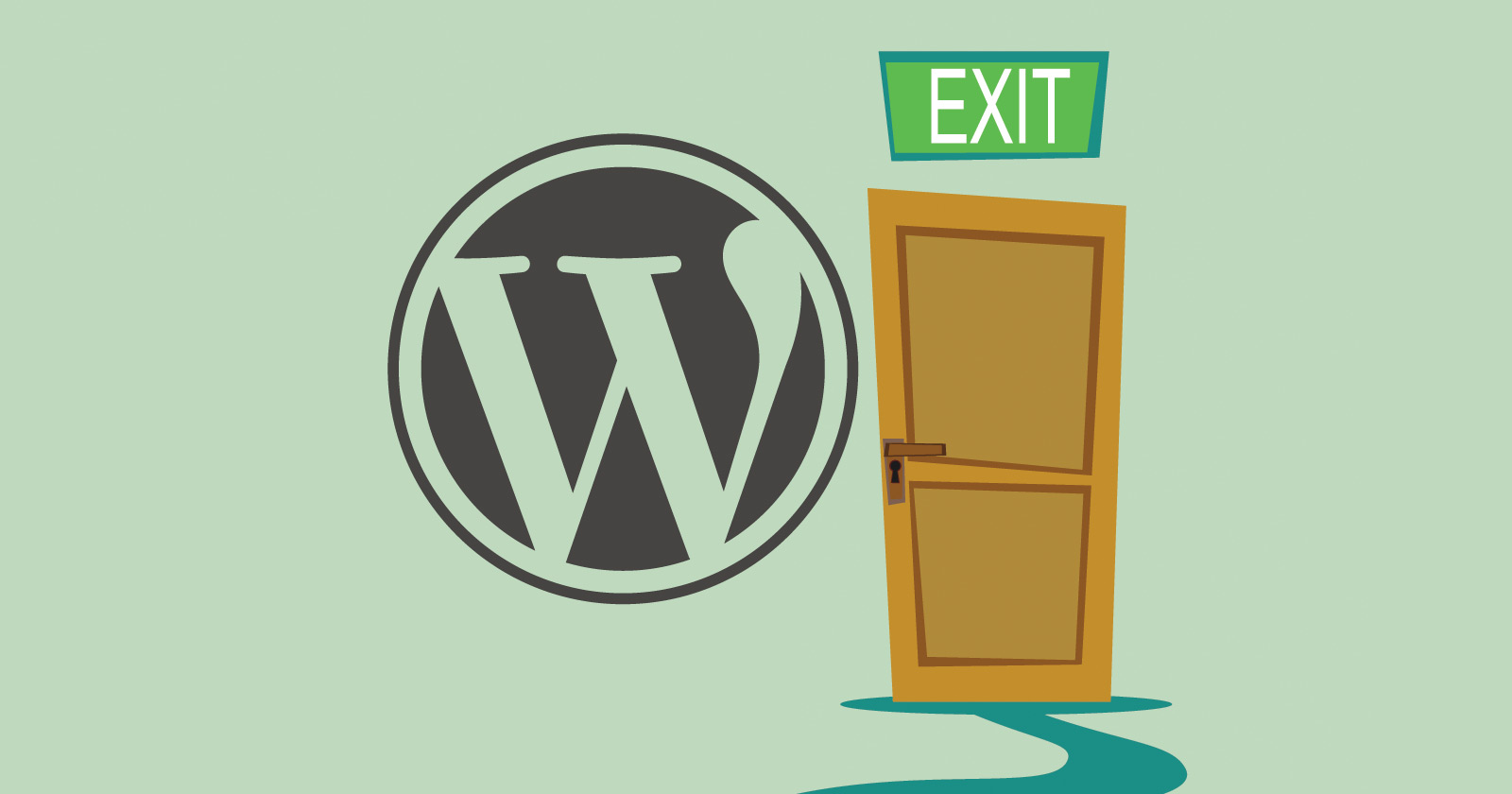WordPress is taking steps to assist publishers in transitioning from commercial WordPress page builders and private closed source content management systems like Wix to their block-based editor Gutenberg. This move has sparked controversy within the WordPress community, as some perceive it as an attempt to undermine software publishers who are part of the ecosystem.
For years, software developers like Elegant Themes and Elementor have offered point-and-click solutions that allowed users to visually create webpage templates through a user-friendly interface. However, WordPress recently released Gutenberg Full Site Editor, which replicates the visual block-based page builder experience. Although Gutenberg initially fell short of the more polished user interfaces of commercial page builders, it has been rapidly improving, leading some to believe that it will eventually replace these third-party solutions.
To facilitate the transition to Gutenberg, WordPress is developing a series of guides and tools as part of the Data Liberation Project. This project aims to make it easier for users to migrate to the Gutenberg site builder and emphasizes the importance of an open web where users can seamlessly switch between platforms. The official WordPress Data Liberation page provides guides for migrating from various platforms to WordPress, including Wix, Tumblr, and Drupal, as well as migration tools for platforms like Divi and Figma.
This initiative has sparked debate within the WordPress community, with some expressing concerns about the potential impact on commercial page builders. However, others view the migration guides as useful tools for users looking to transition to Gutenberg. Despite the controversy, it appears that Gutenberg is positioned to become the default method for creating webpages in the future.
While some feel that the end of commercial page builders is inevitable, others argue that these solutions continue to provide value, particularly in terms of innovation and tools for developers. Ultimately, the future of page building in WordPress remains uncertain, as the community grapples with the implications of Gutenberg’s rise and the potential displacement of third-party solutions.
As WordPress continues to iterate and improve Gutenberg, it remains to be seen how commercial page builders will adapt and whether users will embrace the shift towards Gutenberg as the default site building method.
Read Full Article
